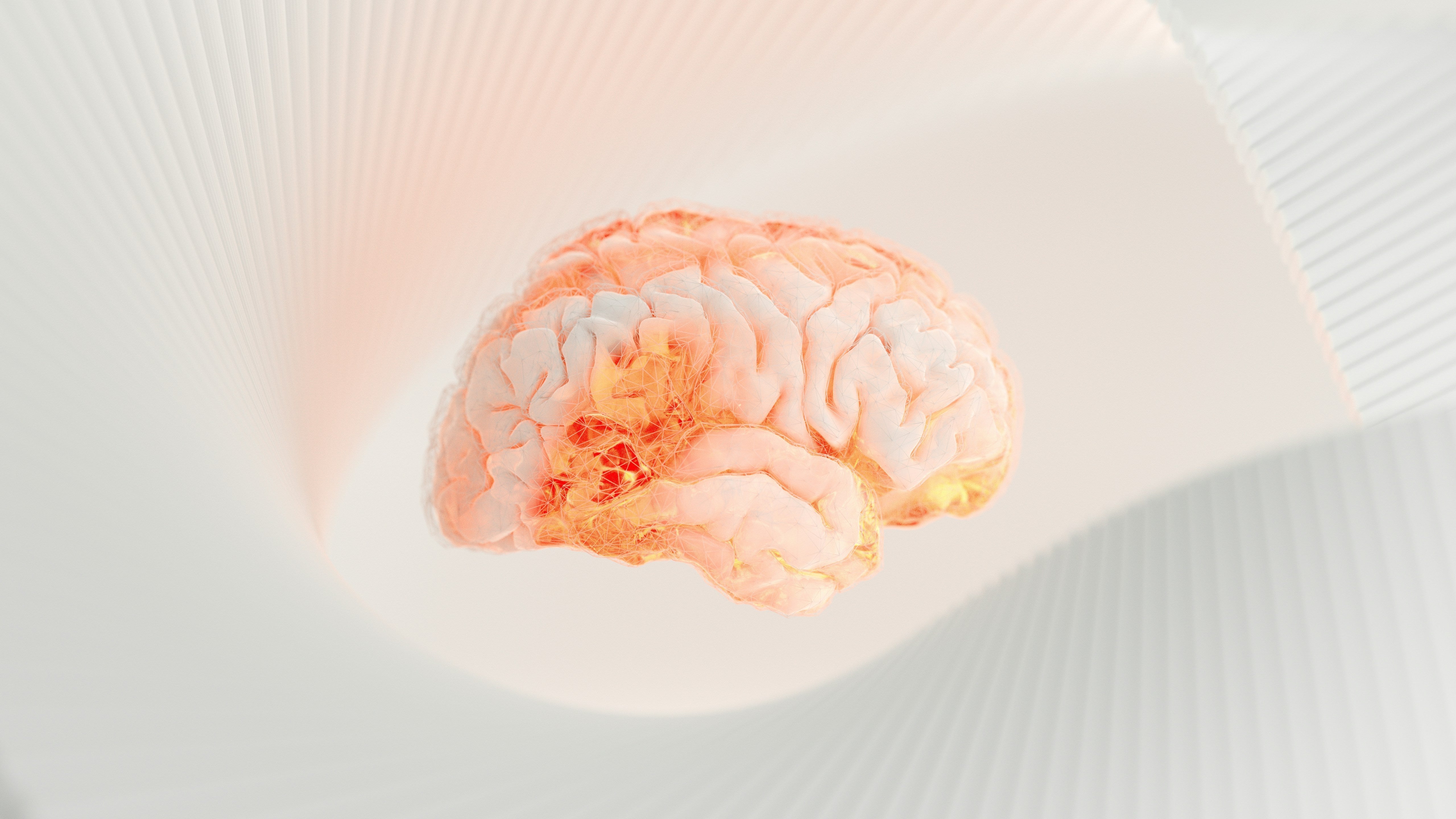
Low-Calorie Spirits: The Latest In Health And Fitness
The world of drinking is undergoing a delicious transformation. Welcome to a new era where enjoyment meets mindfulne...
Read MoreAug 25, 2025

Ever wondered “why can’t I stop drinking”?
Perhaps you wonder how you end up reaching for a drink every weekend, when you promised yourself you wouldn’t. Or, you might question why you still drink when drinking alcohol doesn’t align with your goals or true wants.
Many people express a desire to stop drinking, but can’t seem to go through with it. Well, according to science, there are deeper motives at play that might contradict the promises we make to ourselves.
Cutting back or cutting out alcohol can be a long journey, and working out what drives alcohol use can help you understand yourself.
Let’s look into the psychology behind drinking to unpack your love-hate relationship with it.

First things first, alcohol is an addictive substance, meaning that no matter who you are, your brain will light up when it has alcohol and this feedback loop can keep you wanting more.
This dopamine response makes it especially hard to regulate drinking - aka once you start it's hard to stop. Plus, this dopamine surge creates a "feel-good" sensation that encourages repeat drinking and tricks you into thinking you want to drink. When you see a drink, you associate it with good feelings and that makes you want to pick one up.
Aside from the obvious chemical brain changes that impact a desire to drink, there are 4 key underlying motives that have psychological basis.
According to the Motivational Model Of Alcohol Use, all drinking motives fall into one of four categories.
According to the study, all drinking motives fall into one of four categories: enhancement (because it's exciting), coping (to forget about worries), social (to celebrate), and conformity (to fit in).
These motives act as the primary pathway through which other influences - like genetics, personality, and environment - affect drinking behavior.
Enhancement motives involve drinking for pleasure or excitement. People with strong enhancement motives often seek positive emotions, euphoria, or stimulation from alcohol.
Example: Enjoying a drink because it makes a night out feel more fun or exciting.
Implications: High enhancement motives are linked to drinking for enjoyment rather than necessity, but can still contribute to excessive drinking if frequent.
Coping motives involve drinking to manage stress, anxiety, or negative emotions. This motive is considered a risk factor for heavier or problematic drinking.
Example: Using alcohol to unwind after a stressful day or forget personal worries.
Implications: Identifying coping motives is crucial for intervention, as people with this motive may benefit from healthier stress-management strategies.
Social motives are about drinking to connect with others, celebrate, or enjoy social gatherings. This is one of the most common reasons people consume alcohol.
Example: Drinking at parties, dinners, or social events to share experiences with friends.
Implications: Social motives highlight the influence of environment and peer behavior on alcohol use.
Conformity motives involve drinking to fit in or avoid social rejection. Unlike social motives, this motive is driven more by pressure than personal desire.
Example: Having a drink because everyone else in the group is drinking, even if you don’t particularly want to.
Implications: Recognising conformity motives can help individuals make more intentional choices and resist peer pressure.

According to the study, while genetics, personality, and environment can shape a person’s tendency to drink, these factors are indirect influences. The drinking motive is the final pathway - the mechanism through which all these influences are expressed. For example:
-A naturally extroverted person might be more prone to social drinking.
-Someone with high stress levels may develop coping motives.
-Peer influence may encourage conformity-driven drinking.
Any motive for drinking can become problematic, if not addressed and understood. Studies have shown that understanding drinking motives through therapy can help people control their drinking.
Drinking motives - enhancement, coping, social, and conformity - serve as the gateway through which all other influences on drinking behavior operate.
By understanding these motives, you can gain insight into your own drinking patterns, make healthier choices, and explore alternatives that satisfy your motives in safer, more mindful ways.
Exploring non-alcoholic options like CleanCo, can help you make more intentional choices and practice more mindful drinking.
Have we captured your curiosity? Read on
Please enter your details below to sign in
Please enter your details below to register an account.
Forgot your password? No problem just enter your email to reset you password.